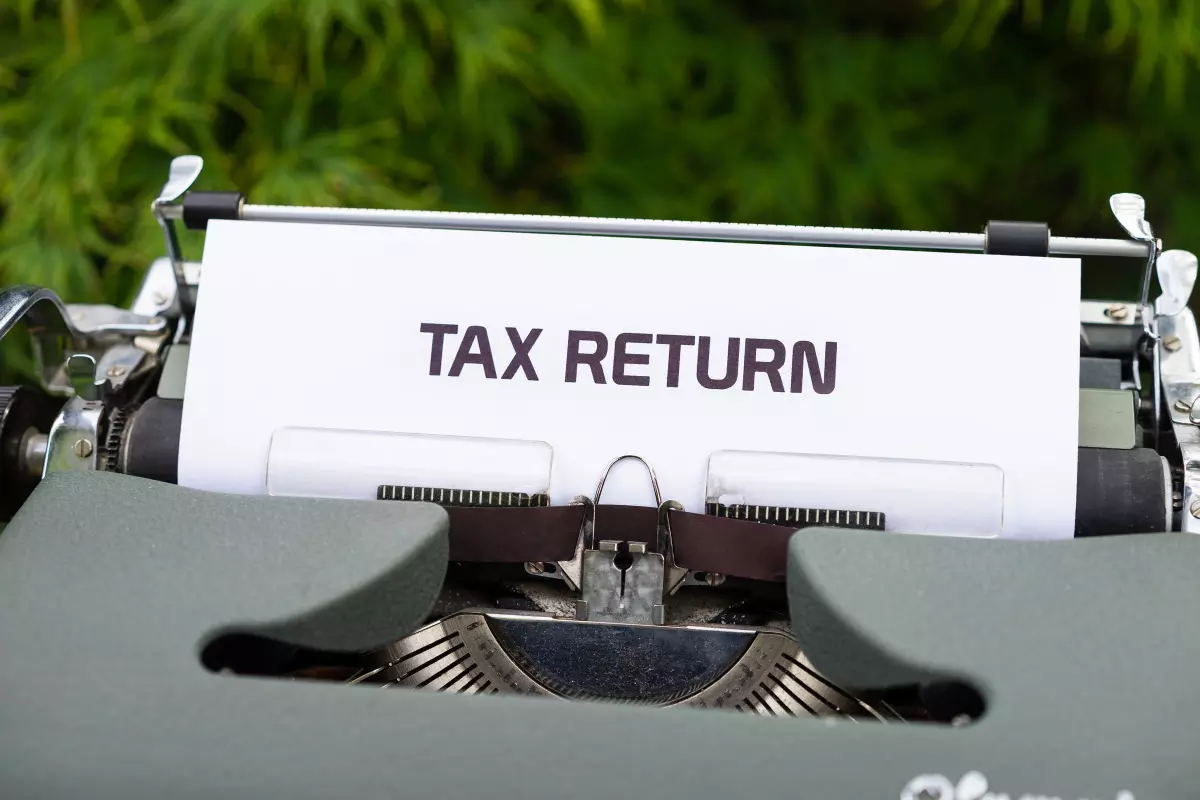Uncover the key tax returns due deadlines you shouldn’t miss. Our guide offers crucial insights on HMRC regulations, late tax return penalties, and more.
Understanding the Importance of Tax Deadlines
Meeting tax return deadlines is crucial for both individuals and businesses to stay compliant with HMRC regulations. Filing tax returns on time ensures that you avoid unnecessary penalties and interest charges. Missing a tax return deadline can result in late tax return penalties, which may increase the longer your payment is delayed. For self-employed individuals, understanding the tax deadlines for self-employed workers is particularly important, as late submissions could impact your financial planning.
Keeping track of key tax filing dates helps you stay organised and reduces the stress of last-minute submissions. With HMRC tax return dates being strict, paying tax on time and filing tax returns accurately prevents complications down the line. Whether it’s the paper tax return deadline or the online tax return deadline, planning ahead can save you time and money. Use tax filing reminders and create a schedule to stay on top of your obligations.
Preparing for tax deadlines early not only ensures compliance but also allows you to review your financial situation, identify savings opportunities, and avoid errors. By prioritising tax deadlines, you can avoid the question, "When are tax returns due?" turning into a stressful situation.

Key Dates for Submitting Tax Returns
Understanding UK tax return due dates is essential for avoiding tax deadline penalties. For individuals filing self-assessment tax returns, there are two primary dates to remember: 31 October for paper submissions and 31 January for online filings. These tax filing dates are set by HMRC and apply to most taxpayers.
For businesses, tax payment deadlines may vary depending on the type of tax you need to pay, such as VAT or quarterly tax payments. For example, VAT returns are usually due every quarter, with specific dates outlined by HMRC. If you’re unsure of your obligations, consulting the HMRC tax return dates can help you stay on track.
The online tax return deadline offers more flexibility compared to the paper tax return deadline, but it’s important to start preparing early to ensure you meet the submission requirements. Late submissions, even by a day, can trigger late tax return penalties.
Deadlines for Self-Assessment Tax Returns
The self-assessment tax deadline is one of the most important dates for individuals who need to report their income and pay taxes directly to HMRC. For those filing paper tax returns, the deadline is 31 October following the end of the tax year. If you choose to file online, the online tax return deadline is 31 January.The 31 January deadline is also the tax payment deadline for self-assessment, covering any taxes owed for the previous tax year. For self-employed individuals, this date also includes the first payment on account for the current tax year. Quarterly tax payments may apply to certain taxpayers, depending on their income and tax structure.
Missing the self-assessment tax deadline can lead to late tax return penalties. These penalties increase the longer the delay, making it crucial to file and pay taxes on time. HMRC also provides guidance on what to do if you encounter difficulties meeting these deadlines.

How to Request an Extension on Your Tax Return
If you’re unable to meet the tax return deadlines, you may be eligible to request a tax return extension. HMRC allows extensions in certain circumstances, such as illness, bereavement, or other unforeseen events. However, extensions are not granted automatically, so it’s important to act quickly.
To request an extension, contact HMRC as soon as you realise you might miss the deadline. You may be required to provide evidence supporting your request. For self-employed individuals, extensions are particularly helpful during busy periods or when preparing quarterly tax payments.
It’s important to note that while an extension may allow more time for filing, it does not usually extend the tax payment deadline. Paying tax on time remains essential to avoid interest charges or penalties. If you’re granted an extension, ensure you use the extra time effectively to avoid further complications.
Late Filing Penalties and How to Avoid Them
Missing a tax return deadline can lead to immediate penalties. For self-assessment tax returns, HMRC imposes a £100 fine for any submission made after the UK tax return due dates. Additional penalties may apply if the delay extends beyond three months, including daily fines or a percentage of the tax owed.
To avoid late tax return penalties, ensure you know the paper tax return deadline and online tax return deadline for the current tax year. Preparing for tax deadlines in advance, such as gathering necessary documents early, helps prevent last-minute issues.
If you do miss the tax filing dates, contact HMRC immediately to explain your situation. In some cases, they may waive penalties if you have a reasonable excuse. However, repeated delays could result in higher fines and scrutiny from HMRC.
Are you looking for a tax returns accountant in Wakefield and West Yorkshire? Follow the link below to contact our tax advisors.

